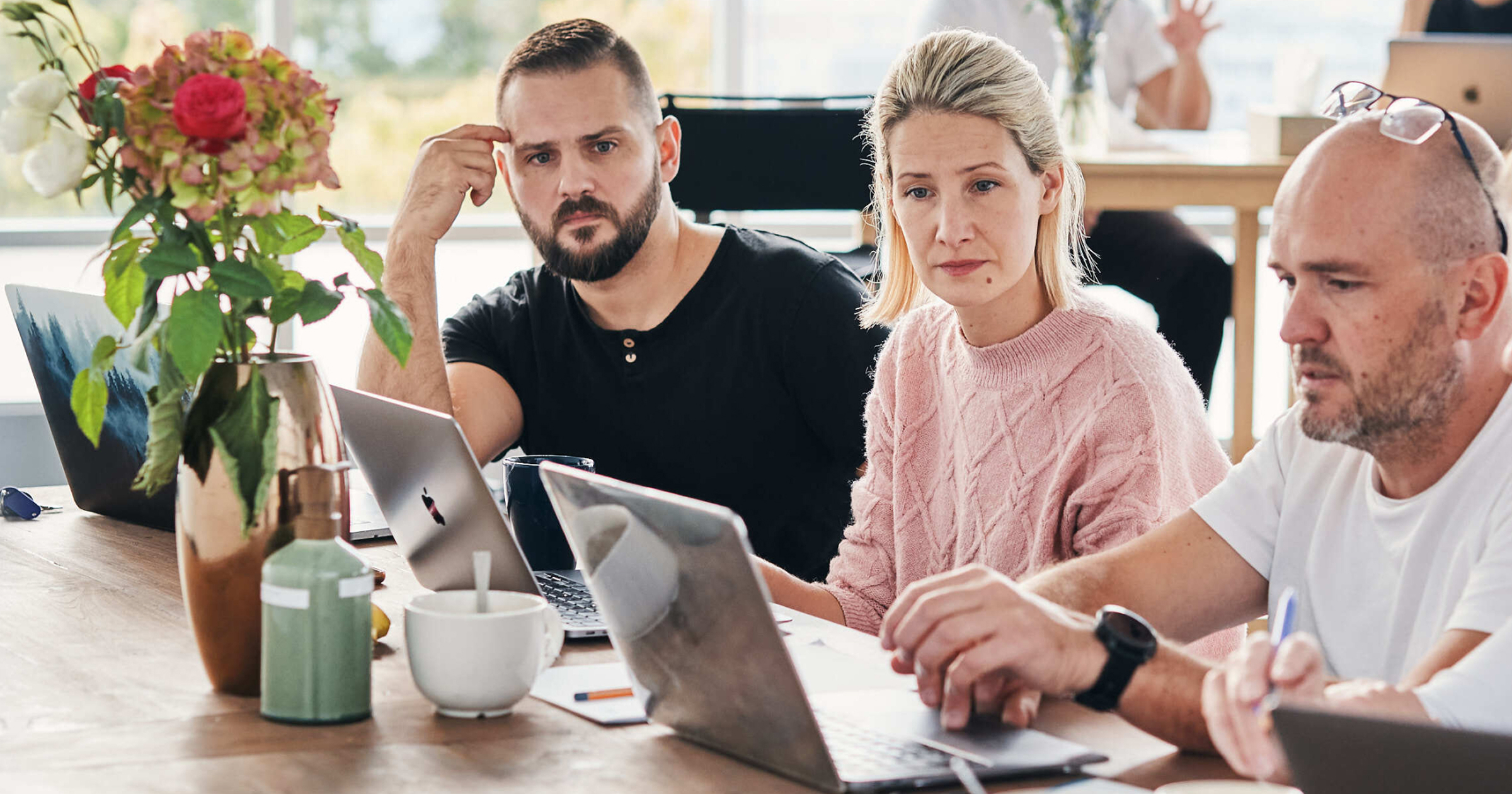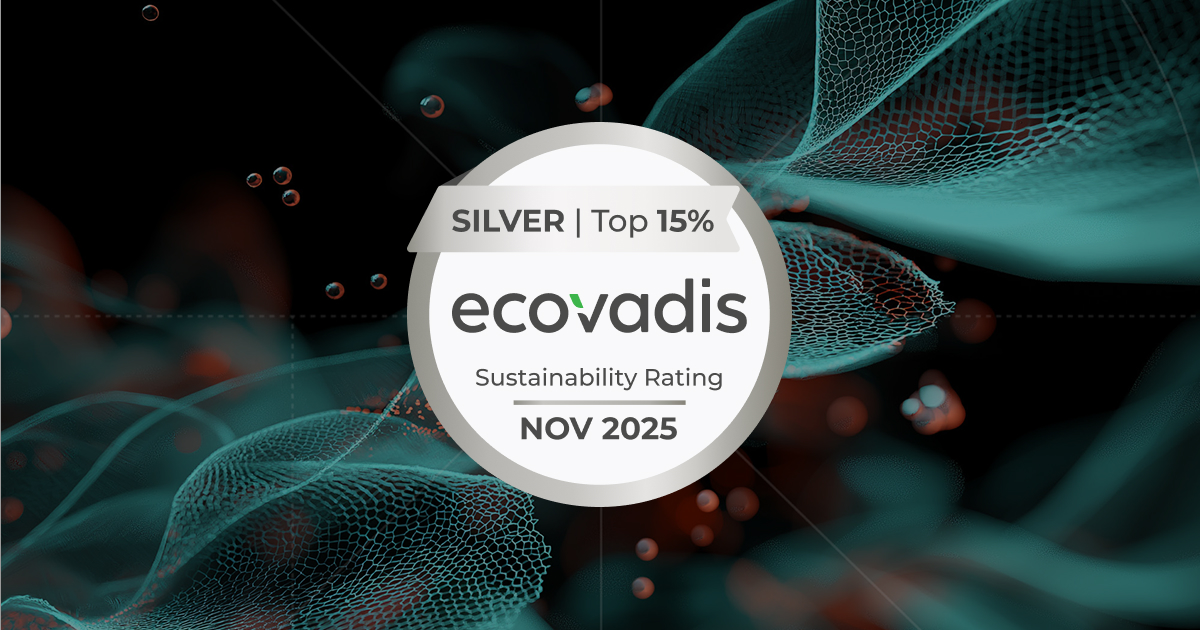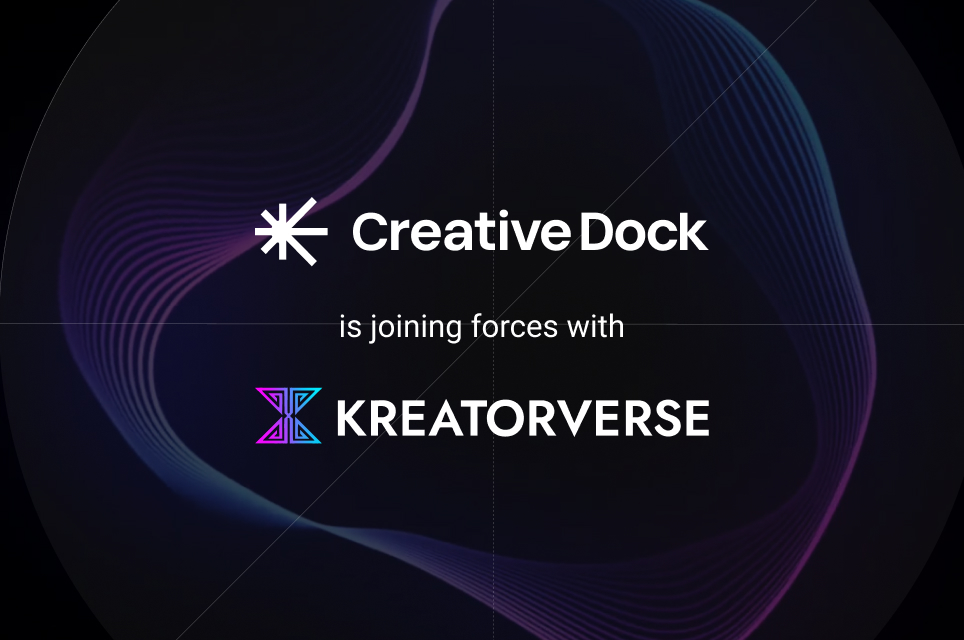The next big thing: tokenize everything
In the near future, both people and things will be tokenized, believes Creative Dock’s Innovation Lead, Petr Vaclavek.


What kind of new trends will emerge in the post-pandemic society?
I think there already is a huge positive trend of people wanting to talk to each other. Clubhouse has hit the jackpot there. Tokenization is another remarkable trend. Philosophically speaking: mass is going to be gradually disassembled, its pieces digitized, and those pieces will play some kind of role in the virtual world.
Isn’t tokenization, together with NFT, just a bubble that will burst at some point?
The way I see it, tokenization is “the next big thing”. Whatever kind of asset you own, you will be able to digitize parts of it and offer them to the world.
Can you give me a specific example?
For instance, there’s a project in the works that will enable investments in human potential. A person aware of their potential can reach out, saying: I need a certain sum of money to accelerate myself and get to the level I need. For that, I’m offering to give back 10% of everything I earn over the next 10 years. The principle here is tokenizing a part of yourself and your potential. It’s incredibly popular in the global art market these days. Imagine you have produced a painting which is now valued at one million but in 3 years, it’s value will reach five million. But being the artist, you need some money now.
I could go and get a bank loan instead.
Yes, you can get a loan or even pawn your painting. But that’s nonsense, because you’ll only reach the collateral of its whole value. You could also say: here’s my painting and I’m going to sell 10% of it. Anyone can invest. You sign a smart contract, put the painting in a safe, where it will stay untouched for 3 years. And after that, you sell it for those five million. The person who has invested in the 10% will collect their profit. Their investment will be valued.
What if the work has zero value after those 3 years?
If you’re the new Basquiat, there’s no need to worry.
But what if I’m not yet recognized as an artist? I might not even be good and still claim that my painting will be valued at millions in a couple of years. The same goes to the education bit. What if I decide to become a scientist, sign up at a uni, but in 3 years, it turns out I’m no good at it?
Then I’d say — good luck to the investor. (laughs) There’s obviously an investment risk. Then of course, every investment is risky in some way. It’s up to the investor to assess it. But I chose these examples mainly to illustrate how tokenization works.
It sounds an awful lot like shopping on debt. Doesn’t this give more power to debt economy?
It’s no debt spiral. You aren’t getting a loan, but offering a piece of your assets for investment.
“Bitcoin has created a framework for a re-establishment of our reality.”
Are we talking about a sort of total loss of ownership? Or the opposite, every single thing being owned by someone?
I don’t think it’s about losing ownership. On the contrary, I think all centralized authorities are going to face dramatic disruption. They will lose their control. There’s a movement towards decentralization and P2P sharing. I don’t know if it’s going to be built on blockchain or maybe something more polished yet to come, but it could result in a collective arrangement, without the option to cheat.
What kind of time horizon are we talking?
Some of these things are already taking place. But when are they going to become a part of public consciousness? I would say in the next 10 to 20 years. Anyone interested in bitcoin is already thinking along these lines. But most people still see money in terms of fiat, which is fundamentally wrong.
Has bitcoin changed the world as we know it?
First of all, bitcoin has created a framework for a re-establishment of our reality. There’s a high chance that the main monetary backbone will be based on the same principle. Again, not right now, but at some point.
It definitely doesn’t put an end to ownership, though. I think it’s more about putting an end to both state and supranational authorities. If you take a closer look at how the monetary system works nowadays, you’ll realize there’s a small group of people setting rules in their own favor. In the case of decentralization, the rules are clear and clearly the same for everyone. We have been experiencing a disruption of set hierarchical structures since the late 1990s.
Isn’t this only temporary? Take tech companies, for instance, among which there has been a lot of consolidation and big tech has been gaining more and more power. Small players get swallowed by the giants, who might even create their own crypto…
Everything is being re-assembled and noone can tell for sure what the result is going to be. But we do know that one thing after another is being disrupted and democratized. You already have so much more options as an individual. Say you want to record an album. It doesn’t even need to be an album. You want to become a star? You can. You don’t need a big record company with 150 producers and legal advisors to do that. The possibilities are endless.
Isn’t this kind of fame less valuable?
It’s different. There only used to be one stream in which the cult of celebrity was born. There are plenty these days. You and I, we don’t even know them. (laughs) It isn’t necessarily better or worse, just different.
“We can teach AI to write, to speak, just up to a certain point. It ends where human imagination begins. A divine principle. That’s untouchable by machines.”
Back to your work in innovation. Is it more difficult to come up with an idea or to execute it?
Strictly personally speaking, I have always found it easier to come up with something, bring the right people together, inspire them, and kick the thing off. The “materializing”, execution of the product, is the most difficult part. I think every company needs a Steve Jobs but also a Steve Wozniak. It’s great to have a visionary, but you need someone to anchor it in reality. And the other way round. Creative vision and the ability to inspire people need to be combined with good product development.
Do local solutions stand a chance against big global players?
At the end of the day, there’s always a chance you’ll build something absolutely groundbreaking. Remember Nokia being number one in the world? But they gave up on innovation, then Steve Jobs emerged, and Nokia’s bubble burst. Even being a leader on the market, you can’t suddenly forget to innovate, give up, and let someone else take it all from you with a snap of their fingers. Just because you thought it was forever.
Does innovation “steal” jobs from people? Are robots going to replace us?
At this point, people are the robots. That’s why Karel Capek named them robots in the first place — it comes from “robota”, which means uncreative, meaningless, repetitive work. This type of jobs should be done by artificial intelligence, while people concentrate on either services or creative, imaginative work.
Is AI, with the help of machine learning, going to get more creative than people in 10 years?
No. That’s a huge misunderstanding of what AI and machine learning really are. I believe it’s impossible to simulate human imagination — or our ability to challenge the status quo. Artificial intelligence can make things so much more effective, it’s incredible. I once saw it go through piles of scans of tumors in a matter of milliseconds, whereas a medical consilium would take weeks to analyze them. That’s where I see an immense added value.
But we can teach AI to write articles, to speak, just up to a certain point. It ends where human imagination begins. A divine principle. That’s untouchable by machines.
Which of the following buzzwords do you find the most “sexy” at this point: genetics, machine learning, transportation, data analytics, sustainability, or fintech?
I think sustainability is always the keyword, otherwise we won’t be able to even sit here and discuss the others. (laughs) All of the others are just means of making our lives better.
“Israel was where I understood the purpose of an army for the first time.”
.jpeg)
You have spent some time in Israel and I know you were thrilled by the local Start-up Nation phenomenon. Now what is that, exactly?
It’s a paradox, really. When the Hebrews began dreaming up their own state, they were like: OK, it needs to be in the territory of present-day Palestine, because that’s where the sacred places are. So they began organizing it. It’s called Start-up Nation because it started with a vision, a dream. “Let’s build a state and look after ourselves.” Obviously, when they arrived, there was nothing. Just sand and rocks. No plants, no water, and no oil. And these guys and girls, they set out to build settlements, kibbutzes. To be able to survive, they had to completely transform their set ways of thinking. They had to innovate.
And it’s still in the spirit of the nation, this ability to build something meaningful from scratch. A decade ago, Dan Senor and Saul Singer wrote a book on this, Start-up Nation: The Story of Israels’s Economic Miracle, which sort of became their second Bible. (laughs)
I have to admit I didn’t feel this kind of energy in Israel.
It’s there. Everyone, and I mean everyone, from C-level people to cleaning ladies and cab drivers, has their own dream, their own start-up, and is looking for ways to do it. And there’s more to it. Israel’s whole cyber-security sector stems from their army’s elite forces, which brings the smartest men and women together. Later, they go and build their own companies. Wow! That was where I understood the purpose of an army for the first time.
Is army still the prime mover of development?
Not really in the Czech Republic, but definitely in Israel. It’s a matter of life or death for them.
You have also lived in Qatar for 3 years. There’s a saying about Dubai representing the present and Qatar the future…
That’s what the Qataris say. (laughs) They say the Emiratis are their “cousins” but they don’t really like each other. You couldn’t even fly to Qatar for a couple of years. Their “cousin” neighbors saw them as too competitive. So there was this sign in the airport, “Kuwait is the past, Dubai the present, Qatar the future”.
Did it feel like that when you lived there?
It felt like the whole country was built on oil, which has a very uncertain future. As soon as oil ceases to be the main export article… There’s a huge market living off oil, with an unnecessary amount of consumption. There is no innovation and no attention to sustainability. Walking through Dubai feels like walking through a film set that’s going to be torn down.
Petr Vaclavek has worked in marketing, political strategy, and innovation for 30 years. He has lived and worked in Amsterdam, Basil, Gothenburg, Kuwait City, and London in the past. Now based in Prague, he has created a number of tech startups and apps, the latest being Foodgroot, born out of his frustration with the Czech market’s food quality. In 2020, he joined Creative Dock as Head of Innovation. He is an avid art supporter and has created a successful pro bono campaign to raise money for the Czech National Gallery in 2019.



.webp)










%20(1).jpg)































































